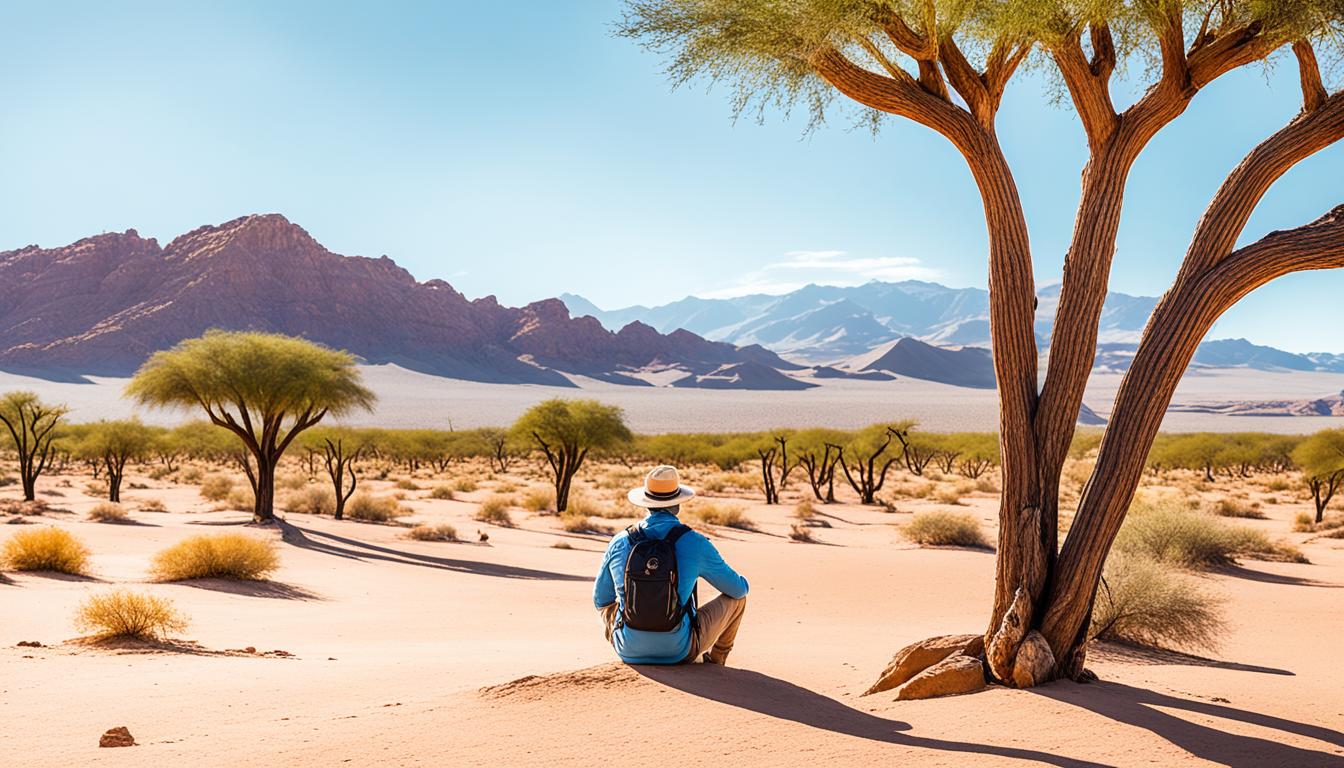Did you know that Namibia is considered to have a low safety risk for travelers? According to the Travel Risk Map published by International SOS, Namibia falls into the same category as many European countries when it comes to safety. This surprising statistic reveals that Namibia offers a level of security comparable to popular tourist destinations in Europe.
Picture this: Sarah, an adventurous traveler, had always dreamed of exploring the stunning landscapes and diverse wildlife of Namibia. She had heard stories of the breathtaking sand dunes, the majestic Etosha National Park, and the rugged Skeleton Coast. Eager to embark on her dream journey, Sarah did her research and sought expert advice to ensure a safe and enjoyable experience in Namibia.
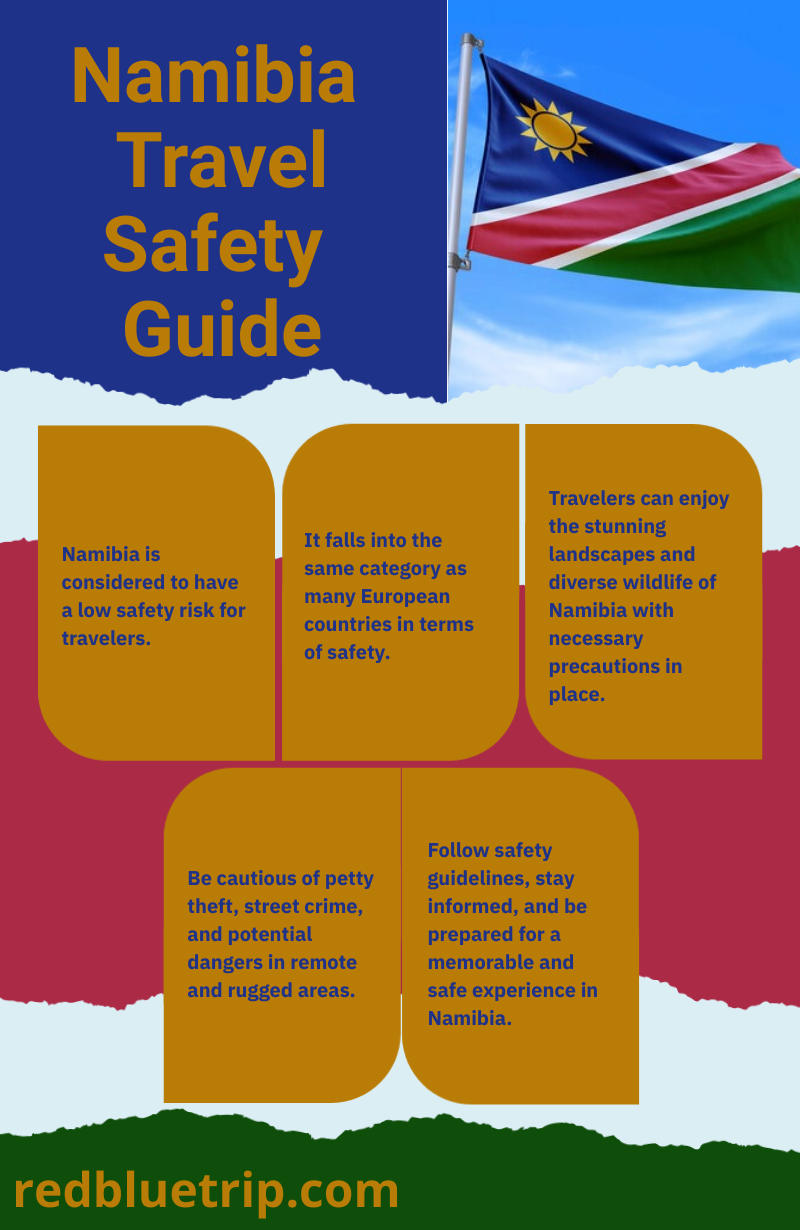
Understanding Safety Risks in Namibia
While traveling to Namibia is generally safe, it’s essential to be aware of certain safety risks to ensure a secure and enjoyable trip. Petty theft, street crime, and occasionally more violent crimes have been reported, particularly in the capital city of Windhoek. To protect yourself and your belongings, it is recommended to remain vigilant of your surroundings and avoid displaying valuable possessions.
Additionally, Namibia’s natural landscapes can be both breathtaking and potentially hazardous. With its remote and rugged terrain, it’s crucial to follow safety guidelines, especially when engaging in outdoor activities or encountering wildlife. By acting responsibly and respecting nature, you can mitigate the potential risks associated with exploring Namibia’s beautiful but challenging landscapes.
“Namibia offers incredible opportunities for adventure and discovery, but it is crucial to stay informed and take necessary precautions to ensure a safe and memorable experience.”
Safety Tips for Traveling in Namibia
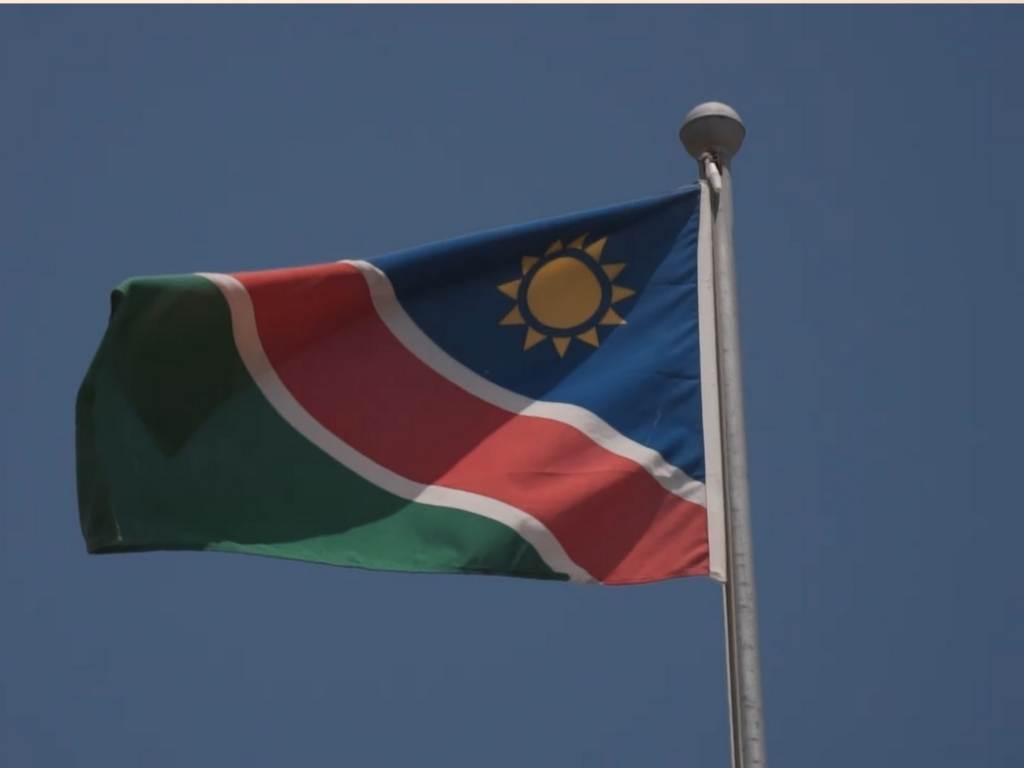
When embarking on a journey to Namibia, it’s essential to prioritize your safety and well-being. By following these tips, you can ensure a secure and enjoyable trip:
- Stay informed: Before traveling to Namibia, research the current safety situation, including any travel advisories or warnings issued by your country’s consulate or embassy. Stay updated on local news and be aware of any potential risks in the areas you plan to visit.
- Plan your itinerary: Create a detailed itinerary and share it with a trusted friend or family member. Include your accommodations, contact information, and planned activities. This serves as a safety precaution and enables others to reach you in case of an emergency.
- Keep valuables secure: Avoid wearing expensive jewelry or carrying large amounts of cash. Use a travel money belt or a secure bag to keep your belongings safe. Be cautious of your surroundings and avoid displaying valuable items that may attract unwanted attention.
- Blend in with the locals: Dress modestly and respectfully, following local customs and traditions. This not only helps you respect the local culture but also minimizes attention from potential thieves. Avoid drawing unnecessary attention to yourself and maintain a low profile.
- Use reliable transportation services: When traveling within Namibia, opt for reputable transportation options such as licensed taxis or trusted car hire companies. If using ride-hailing apps, ensure they are official and registered with the appropriate authorities. Verify the driver’s identity before getting into the vehicle.
- Secure your accommodations: Choose accommodations that prioritize security measures, such as gated compounds, security personnel, and secure parking areas. Before booking, read reviews and research the safety records of the establishments you plan to stay in.
- Stay hydrated and protect against the sun: Namibia’s climate can be harsh, so drink plenty of water to stay hydrated. Apply sunscreen and wear a hat and sunglasses to protect yourself from the strong African sun.
- Respect wildlife: Namibia is renowned for its diverse wildlife, but it’s crucial to remember that wild animals are unpredictable. Keep a safe distance and do not approach or provoke them. Follow the guidance of trained guides and rangers to ensure your safety during wildlife encounters.
- Be cautious with food and water: While Namibia has many delicious culinary offerings, it’s important to exercise caution with street vendors or restaurants that may not adhere to strict food hygiene standards. Stick to reputable establishments and drink bottled water or use water purification methods to avoid potential stomach issues.
- Trust your instincts: If a situation feels unsafe or uncomfortable, trust your instincts and remove yourself from the environment. Prioritize your personal safety and wellbeing above all else.
By following these safety tips, you can have a memorable and worry-free experience while visiting Namibia, ensuring your journey is as safe as it is enjoyable.
Healthcare and Medical Services in Namibia
Namibia offers a moderate level of healthcare services, ensuring the well-being of its visitors. The country boasts reliable emergency services and provides access to high-quality medical facilities. To ensure peace of mind during your trip, it is advisable to carry travel health insurance that includes medical evacuation coverage. This offers essential protection and assistance in the event of a medical emergency.
It is crucial to bring any necessary medications and prescriptions with you when traveling to Namibia. While the country has a decent level of medical care, not all medications may be readily available. By planning ahead and packing your medications, you can avoid any potential disruptions to your health and well-being.
In case of a medical emergency while in Namibia, it is recommended to seek medical care promptly. The country’s medical facilities are equipped with skilled healthcare professionals who can provide the necessary treatment. If you have travel health insurance, be sure to contact your insurance provider for assistance and guidance.
Transportation Safety in Namibia
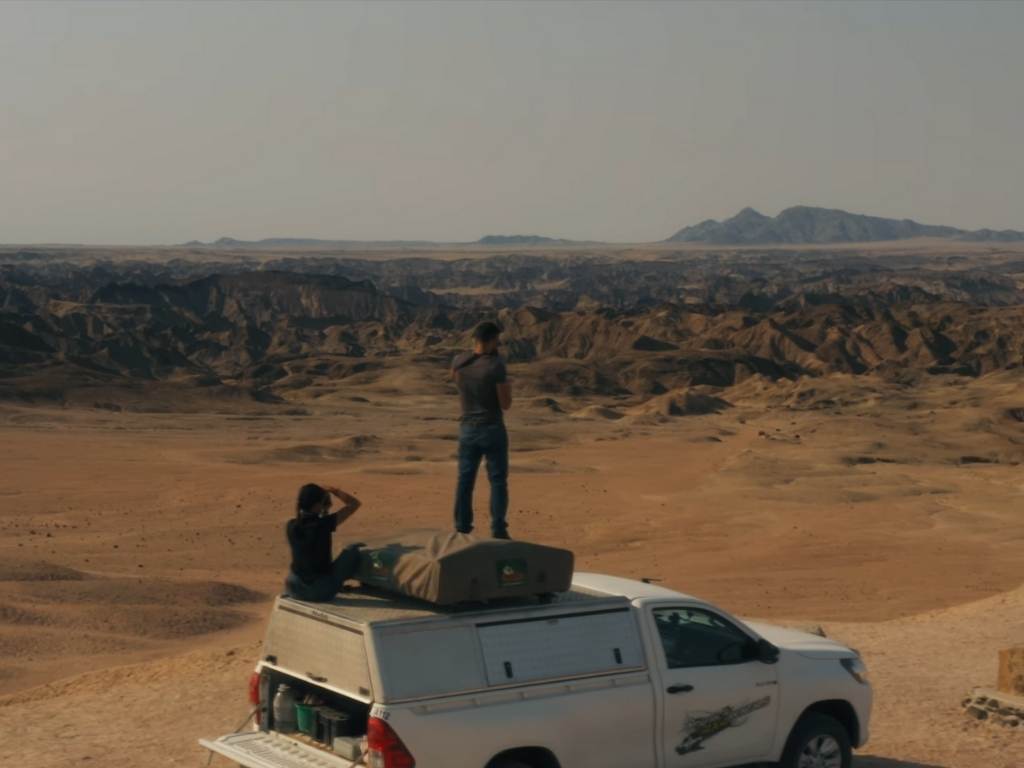
When exploring the stunning landscapes and vibrant cities of Namibia, it’s essential to consider transportation safety. Namibia provides various transportation options for travelers, ensuring convenient and accessible journeys throughout the country.
Driving in Namibia
One of the most popular ways to navigate Namibia is by driving. The vast road network allows travelers to explore the country at their own pace, immersing themselves in its natural beauty. Is it safe to drive in Namibia? Generally, yes, but cautious driving is crucial due to the remote and rugged conditions, particularly on long journeys.
It’s advisable to adhere to traffic rules and guidelines, maintain a safe speed, and exercise additional caution on gravel roads. It is recommended to avoid driving at night whenever possible, as visibility can be reduced, and wildlife may be more active.
Taxis and Uber
If you prefer to leave the driving to someone else, taxis are a common mode of transportation in urban areas. Reputable taxi services ensure safe and reliable journeys throughout Namibia’s cities. Are taxis safe in Namibia? Yes, as long as you use licensed and reputable taxi companies.
Additionally, Uber is available in certain cities in Namibia, providing another convenient option for travelers. Known for its commitment to safety and efficient service, Uber offers a reliable alternative for local transportation.
Public Transportation Safety
Is public transportation in Namibia safe? While public transportation options are available, including buses and minibuses, it’s important to exercise caution and be aware of your surroundings. Always secure your belongings and remain vigilant during your journey.
When using public transportation, it’s advisable to choose well-known and reputable providers. Be mindful of your personal belongings to minimize the risk of theft. By staying alert and taking necessary precautions, you can have a safe and enjoyable experience using public transportation in Namibia.
Food and Water Safety in Namibia
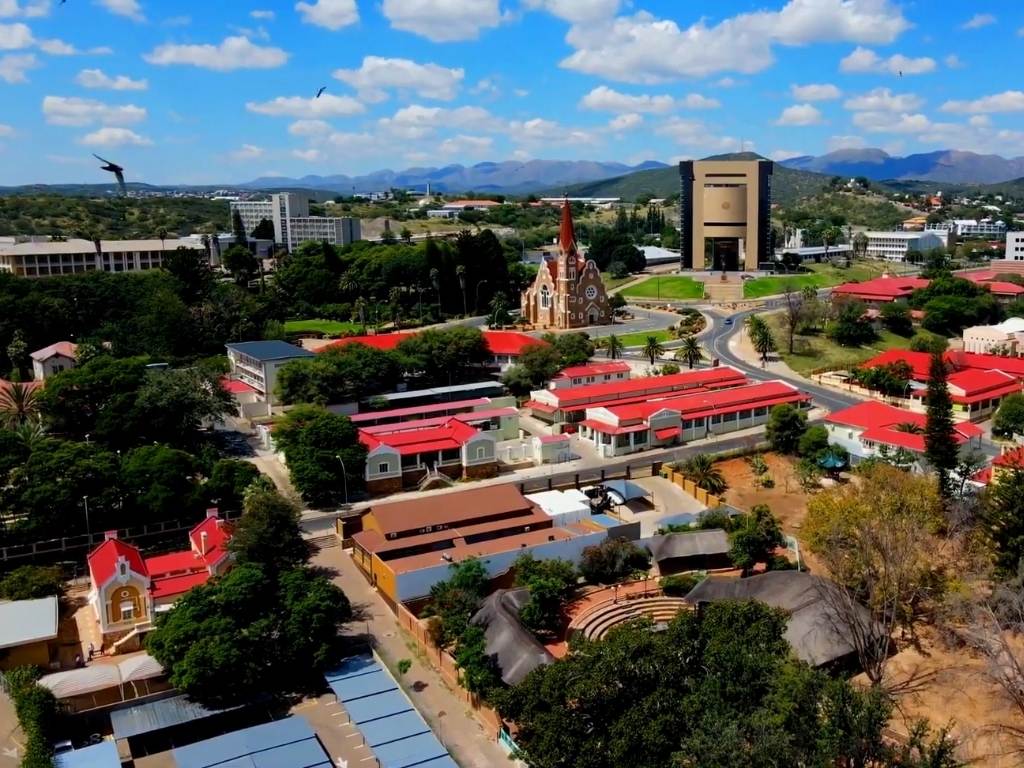
When exploring the beautiful landscapes of Namibia, it is important to prioritize food and water safety. While the country offers a diverse culinary experience, it is essential to choose safe options to avoid any health issues during your trip.
Standards for food and water safety can vary in Namibia, so it is recommended to be cautious and make informed choices. When it comes to drinking water, while tap water in some areas may be safe, it is generally advisable to stick to bottled water or use water purification methods. This will help ensure that you stay hydrated without any concerns.
If you plan on hiking, camping, or traveling to remote areas, it is essential to use water treatment options. This will help safeguard against any potential contaminants or bacteria that may be present in natural water sources.
When dining out, it is always a good idea to choose reputable establishments that prioritize food hygiene. Make sure that the food is properly cooked and handled to reduce the risk of foodborne illnesses. Freshly prepared meals are generally a safer option compared to street food, as they adhere to stricter food safety protocols.
To enhance your overall food and water safety in Namibia, here are a few additional tips to keep in mind:
- Wash your hands thoroughly before eating or handling food.
- Avoid consuming raw or undercooked meats and seafood.
- Peel fruits and vegetables before eating them.
- Avoid unsealed or unpasteurized dairy products.
- Ask for drinks without ice if you are unsure about the water source.
- Carry hand sanitizers and use them when necessary.
By following these precautions and making responsible choices, you can enjoy the delicious flavors of Namibia while minimizing any potential health risks.
Cultural Awareness and Personal Safety in Namibia
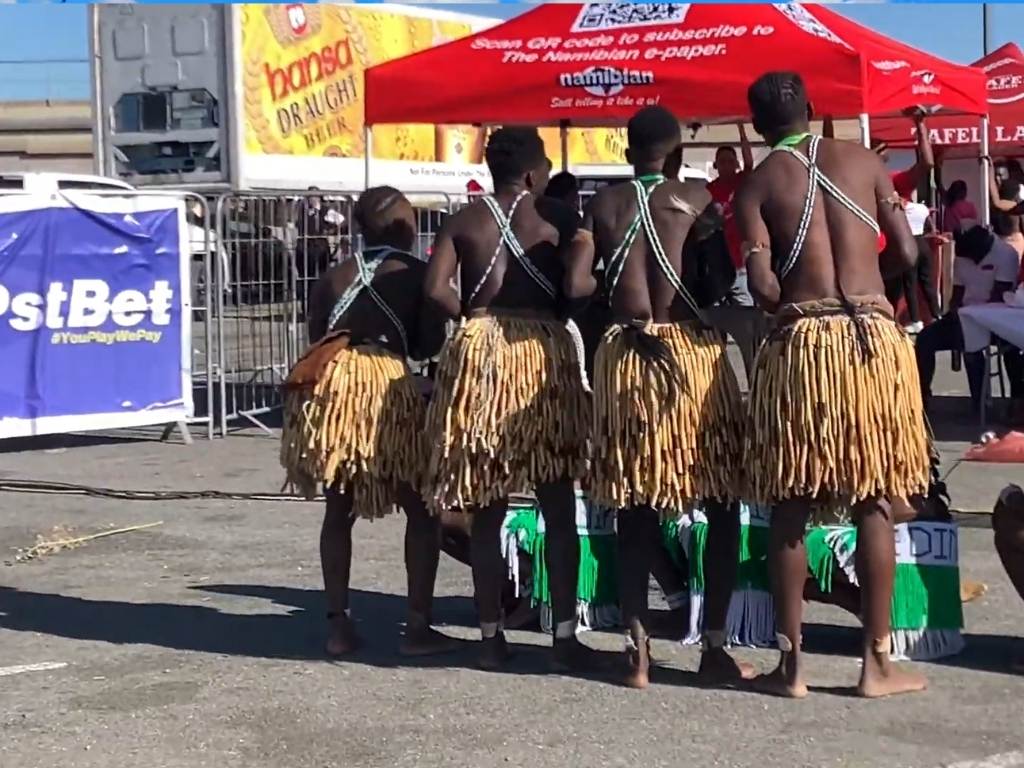
Namibia is generally considered a safe destination for solo travelers, including solo female travelers. However, it is important to take necessary precautions and be aware of your surroundings. It is advisable to travel with a reputable tour operator or join group tours for added safety.
Families can also enjoy a safe trip to Namibia, but it is important to ensure the safety of children and follow basic safety measures. It is recommended to familiarize yourself with local customs and cultural norms to avoid any potential misunderstandings or offense.
Namibia offers a rich cultural experience with its diverse ethnic groups, including the Ovambo, Himba, and Damara people. It’s important to respect their traditions and engage in responsible tourism practices.
Dress modestly when visiting rural areas or tribal communities, and always ask for permission before taking photographs. By embracing cultural sensitivity and being mindful of your actions, you can contribute to a positive and respectful travel experience in Namibia.
Traveling Alone in Namibia
Travelers seeking solo adventures in Namibia can find a welcoming and safe environment. Whether you’re exploring the stunning dunes of Sossusvlei, embarking on a wildlife safari in Etosha National Park, or experiencing the vibrant city life of Swakopmund, Namibia offers a range of activities for solo travelers.
It is recommended to stay in well-established accommodations and stick to well-traveled routes. Be cautious when venturing into remote areas and always inform someone about your travel plans. It’s also advisable to have a reliable mode of communication, such as a mobile phone with a local SIM card or a satellite phone, in case of emergencies.
By exercising common sense and following safety guidelines, solo travelers can have a rewarding and memorable experience in Namibia.
Safety for Solo Female Travelers
Namibia is generally safe for solo female travelers, but it’s essential to prioritize personal safety. Here are some tips to consider:
- Research your destinations and accommodations beforehand to ensure safety measures are in place.
- Avoid walking alone at night in isolated areas, especially in urban areas.
- Dress modestly and respect local customs and traditions.
- Stay alert and be cautious of your surroundings.
- Trust your instincts and avoid situations that make you uncomfortable.
- Use reputable transportation options, such as registered taxis or pre-booked transfers.
- Keep important documents and valuables in a secure location.
By taking these precautions, solo female travelers can confidently explore Namibia and enjoy all the country has to offer.
Traveling as a Family in Namibia
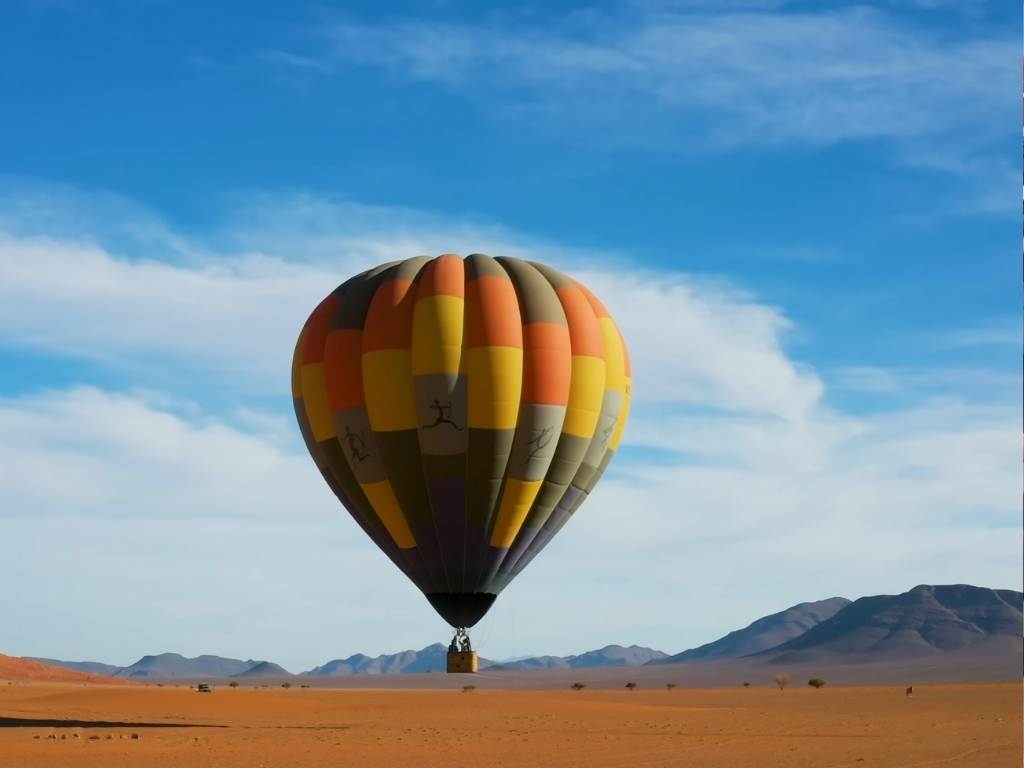
Namibia is a great destination for families looking to create lasting memories. There are various family-friendly attractions and activities, such as wildlife encounters, desert exploration, and cultural experiences.
When traveling with children, it’s important to prioritize their safety. Here are some safety measures to consider:
- Choose family-friendly accommodations with secure facilities.
- Keep a close eye on your children in crowded areas.
- Supervise children during wildlife encounters and nature activities.
- Teach children about local customs and cultural norms.
- Remain vigilant and follow safety guidelines at all times.
By planning ahead and ensuring the safety of your family, you can create unforgettable experiences in Namibia that everyone will cherish.
Traveling to Namibia with your loved ones allows you to bond and create lasting memories. Whether you’re exploring the towering sand dunes, encountering incredible wildlife, or immersing yourself in the rich cultural heritage, Namibia offers a safe and captivating experience for families.
Conclusion
Namibia, with its low safety risk according to the Travel Risk Map, is an ideal destination for those seeking both adventure and security. While it’s important to be mindful of potential safety risks, travelers can explore the country’s breathtaking landscapes and diverse wildlife with confidence.
By adhering to safety guidelines, staying informed about local conditions, and being prepared for any unforeseen circumstances, visitors can ensure a memorable and safe experience in Namibia. From the vast deserts of the Namib to the wildlife-rich Etosha National Park, the country offers a wealth of natural wonders to be discovered.
Whether embarking on a solo trip, traveling with family, or joining an organized tour, Namibia provides a welcoming environment for all types of travelers. With its solid infrastructure, reputable medical services, and a relatively low crime rate, Namibia stands out as a safe and enriching destination to explore, leaving visitors with lasting memories of this extraordinary African gem.
FAQ
Is Namibia a safe country to visit?
According to the Travel Risk Map, Namibia is considered to have a low safety risk for travelers, falling into the same category as many European countries. However, it is still important to be aware of potential dangers and take necessary precautions while traveling in Namibia.
What are the safety risks in Namibia?
While Namibia is generally considered safe, travelers should be cautious of petty theft, street crime, and more violent crime, particularly in the capital city of Windhoek. It is advised to be vigilant of surroundings and avoid displaying valuable possessions. Additionally, nature can be dangerous in Namibia, so it’s important to follow safety guidelines for outdoor activities and wildlife encounters.
What safety tips should I follow when traveling in Namibia?
When traveling in Namibia, it is recommended to carry travel health insurance, as the country has a moderate level of medical care available. It is important to bring necessary medications and prescriptions, as they may not be readily available. Additionally, it is important to follow traffic rules and guidelines when driving in Namibia, and to choose safe food and drink options while being aware of food and water safety standards.
What are the healthcare and medical services like in Namibia?
Namibia has reliable emergency services and access to high-quality medical facilities. It is advisable to carry travel health insurance that includes medical evacuation coverage. In case of a medical emergency, it is recommended to seek medical care promptly and contact your insurance provider for assistance.
Is it safe to drive in Namibia? Are taxis safe in Namibia? Is Uber safe in Namibia? Is public transportation in Namibia safe?
It is generally safe to drive in Namibia, but it is important to be cautious of the remote and rugged conditions, especially when traveling long distances. Taxis are a common mode of transportation in urban areas, and it is generally safe to use reputable taxi services. Uber is also available in certain cities in Namibia. When using public transportation, it is advised to be aware of your surroundings and secure your belongings.
Can I drink the water in Namibia? Is the food in Namibia safe?
While tap water in some areas of Namibia may be safe to drink, it is generally recommended to drink bottled water or use water purification methods. Standards for food and water can vary, so it is important to choose safe food and drink options. When dining out, it is recommended to choose reputable establishments and ensure that food is properly cooked and handled.
Is Namibia safe to travel alone? Is Namibia safe for solo female travelers? Is Namibia safe to travel for families?
Namibia is generally considered a safe destination for solo travelers, including solo female travelers. However, it is important to take necessary precautions and be aware of your surroundings.
It is advisable to travel with a reputable tour operator or join group tours for added safety. Families can also enjoy a safe trip to Namibia, but it is important to ensure the safety of children and follow basic safety measures. Familiarizing yourself with local customs and cultural norms is recommended to avoid any potential misunderstandings or offense.
Is Namibia a safe country to visit?
Namibia is generally considered a safe destination to visit, with a low safety risk according to the Travel Risk Map. While it is important to be aware of potential safety risks and take necessary precautions, travelers can enjoy the incredible landscapes and wildlife that Namibia has to offer. By following safety guidelines, staying informed, and being prepared, visitors can have a memorable and safe experience in Namibia.

